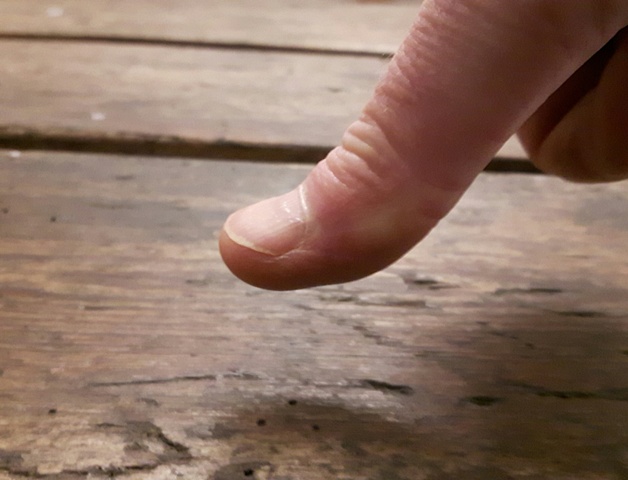In an article for Metro last month, writer Rebecca Reid expressed horror that her fiancé might have asked her dad’s permission before he married her.
The whole idea has “a massive historical problem” behind it, she declared furiously. There was a time when “women were property to be traded for the advancement of a family or for financial gain. That’s where asking for permission comes from.”
One wonders why she wanted to get married at all.
Meanwhile a couple called Rebecca Steinfeld (there’s a theme here) and Charles Keidan have been whining to the courts that gay couples can have civil partnerships and they can’t. They want all the same rights and protections that go with marriage. They just don’t want to call it ‘marriage’ because the word ‘marriage’ apparently carries something called ‘patriarchal baggage’. The court of appeal turned them down.
Leaving aside the chippiness, both of these couples have got it horribly wrong.
It’s not marriage that is ‘patriarchal’. It’s cohabitation.
Power in a relationship rests with the person who is least committed. The person who has least to lose will be least constrained in his or her attitude and behaviour. the person who has most to lose will put up with more. That asymmetry of commitment is far more likely to happen in a cohabiting relationship than in a marriage.
Let’s start with marriage.
Most couples who get married enter it with the expectation that the other person is in it for life. It may not always work out. But that’s the plan. It’s made explicit when they have the conversation.
“Will you spend the rest of your life with me?” “Yes”.
Both partners are now on the same page, equally committed, set on a clear direction, equal in the relationship.
Now consider the cohabiting couple. Some couples will have this conversation. They will even plans to marry. But many won’t. These are couples who ‘slide’, rather than ‘decide’, into life together.
Without an explicit plan for the future, there’s an unspoken ambiguity or uncertainty about the relationship. Whether through fear or inertia, they are not being fully open with one another. Their relationship lacks clarity.
This lack of clarity – more often than not – puts power in the hands of the male partner.
A recent American study found that one in three young unmarried couples had asymmetric relationships where one partner was more committed (‘strong link’) and the other less committed (‘weak link’).
In two out of three cases, the male was the ‘weak link’.
To get an idea of scale, transpose these proportions to the UK’s 3.1 million cohabiting couples. It means that – roughly – three quarters of a million men are less committed than their female partners, whereas 400,000 women are less committed than their male partners.
The study goes on to show that both ‘strong link’ and ‘weak link’ partners in these asymmetric relationships report lower relationship quality, more conflict and more aggression.
Normally more commitment means safer, stronger relationships. For example, married couples are more stable. Domestic violence is least common among married couples.
Yet this appears not to be the case if you’re living with somebody who is less committed.
This is worst of all for women, because these ambiguous and risky relationships are most likely to keep going beyond their sell-by date when the man is the ‘weak link’.
In the US study, only 29% of these couples broke up within two years compared to 54% if the female was the ‘weak link’.
This is compelling evidence that uncommitted men are the real patriarchs, leading their more committed female partners up the garden path, and making them put up with poor quality relationships, more conflict and more aggression.
So my message to the two Rebeccas is this. You’re both quite right to seek all the benefits and protections of marriage, and I wish you well. But your ideological objections to marriage are not supported by the evidence.
It’s not marriage that’s patriarchal. It’s cohabitation.

